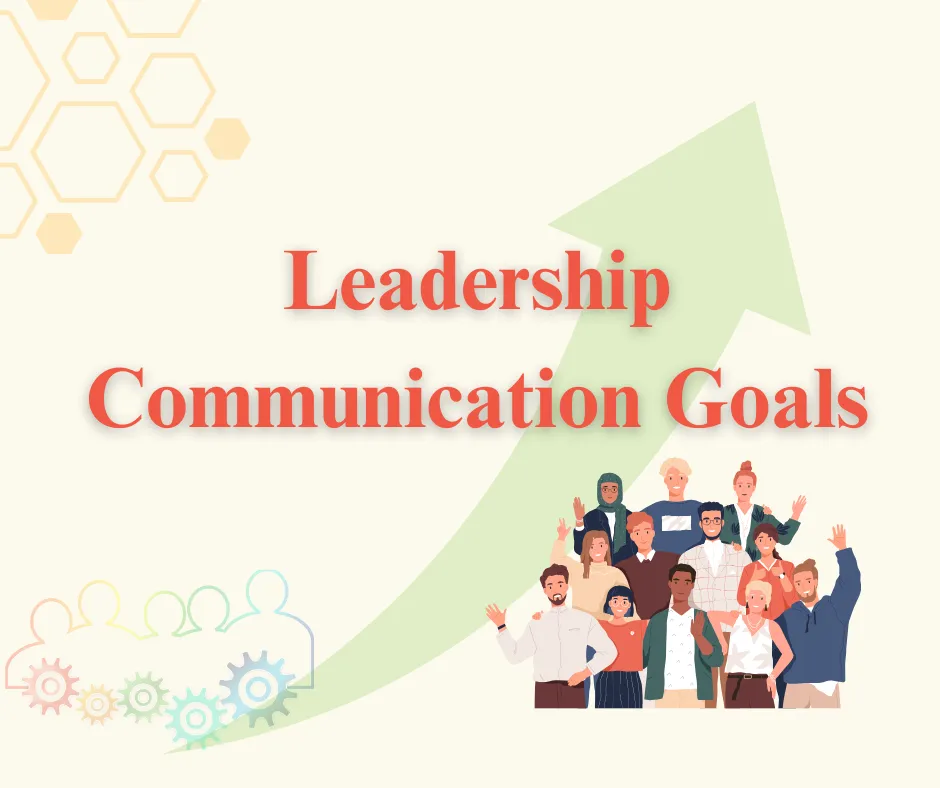
Leadership Communication Goals: Key Strategies and Pitfalls to Avoid
You hear company leaders, media personnel, and every one's third cousin talk about communication and how communication is key. What thoughts do you have when you hear the word communication? What questions come up? What is communication, and why is it important?
Great leadership is built on great well-thought out communication with every stakeholder. John Maxwell, a world renowned leadership expert, emphasizes the critical role of communication in effective leadership. "Leadership is influence, and influence is communication" (John Maxwell).
Let's look at why great communication is foundational to great leadership:
Clarity of Vision: As a leader, one of your primary roles is to clearly communicate the vision to the team and to the stakeholders. Without effective communication, even the most compelling vision can fail because team members may not understand or align with it.
Build Relationships: A leader's job is not to bark orders at the team and if that happens, it is considered the lowest types of communication on the effectiveness scale. It is important however, to build strong relationships. Engaging with the team in an open, honest, and consistent communication helps you as a leader build trust and loyalty.
Inspiring and Motivating: Leaders who can communicate with passion and conviction can inspire their teams to achieve great results. As a great inspirational and motivational leader, you will need the ability to articulate ideas and expectations clearly to help your team take action and stay committed to the vision.
Feedback and Growth: As a great leader, you need to provide actionable and well-thought out feedback to help your team grow. Feedback isn't just pointing out weaknesses of the team which may create negative effects on the team's productivity. Instead, you will need a balanced approach of communicating strengths and how to build on them as well as taking advantage of learning opportunities. Remember that feedback works both ways and as a leader, you have to learn to listen to feedback as well.
Communication Goals
There are four goals in developing great communication skills that leaders seek:
To be understood, to be accepted, to get something accomplished, and to understand others.
To be Understood: Vision and expectation must be communicated very clear to avoid misinterpretation of words by leaders. This clarity in messaging and communicating to the audience helps teams to easily align with what a leader is trying to accomplish( HBS Online , Penn LPS Online ).

To Be Accepted: Trust and Credibility are imperative when it comes to team acceptance. Transparency breeds trust, and a steady beat of common purpose reinforces loyalty to the leader causing people on your team (and in your family!) to want others supporting that perspective. Penn LPS Online , Leadership Development Institute (LDI) Event MANAGEMENT_MODULE_ENABLED_LDIl3021930292 ).

To Get Something Accomplished: Good communication leads to team action. A clear and enthusiastic communication motivates everyone in the team while providing specific goals; objectives can make all these energies aligned to produce results. This momentum is kept up by regular feedback from both teachers and students. HBS Online , Leadership Development Institute (LDI)transforms campus leaders into dynamic, inspired and skilled advocates for education. ).

To Understand Others: Listening is just as important as speaking. It has an impact of listening before you start a sentence and it indicates that the leader values what others in his or her team have got to say, resulting into more teamwork rather than hostility. Having empathy really adds to this, as it allows leaders to make deeper connections with their staff which is always important part of trust and teamworking! Penn LPS Online , LDI: Leadership Development Institute ).

Leaders that can nail these communication goals help build and sustain a good culture, for the benefit of both individuals and organizations. Leaders who develop the skills of effective communications continue to refine their ability to connect and own up for inspiring teams, which leads them be more adept leaders in practice.


